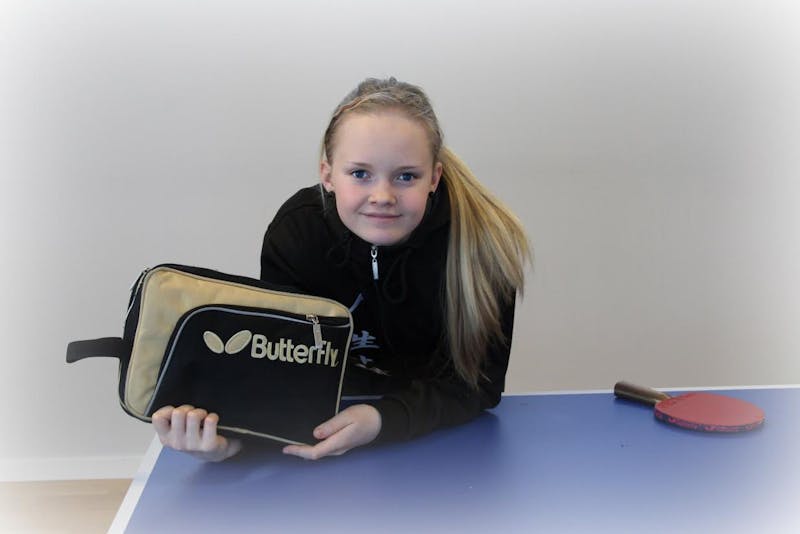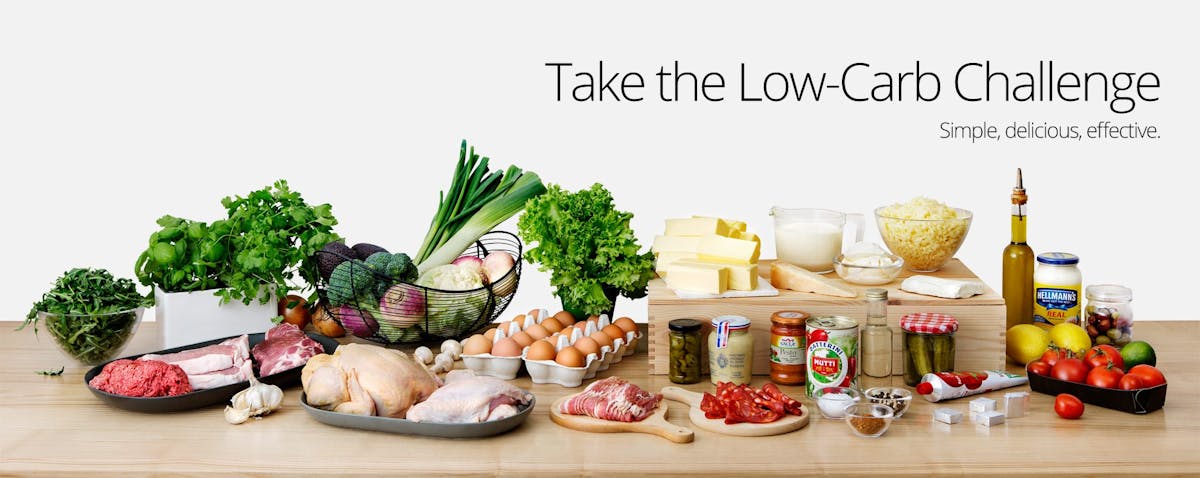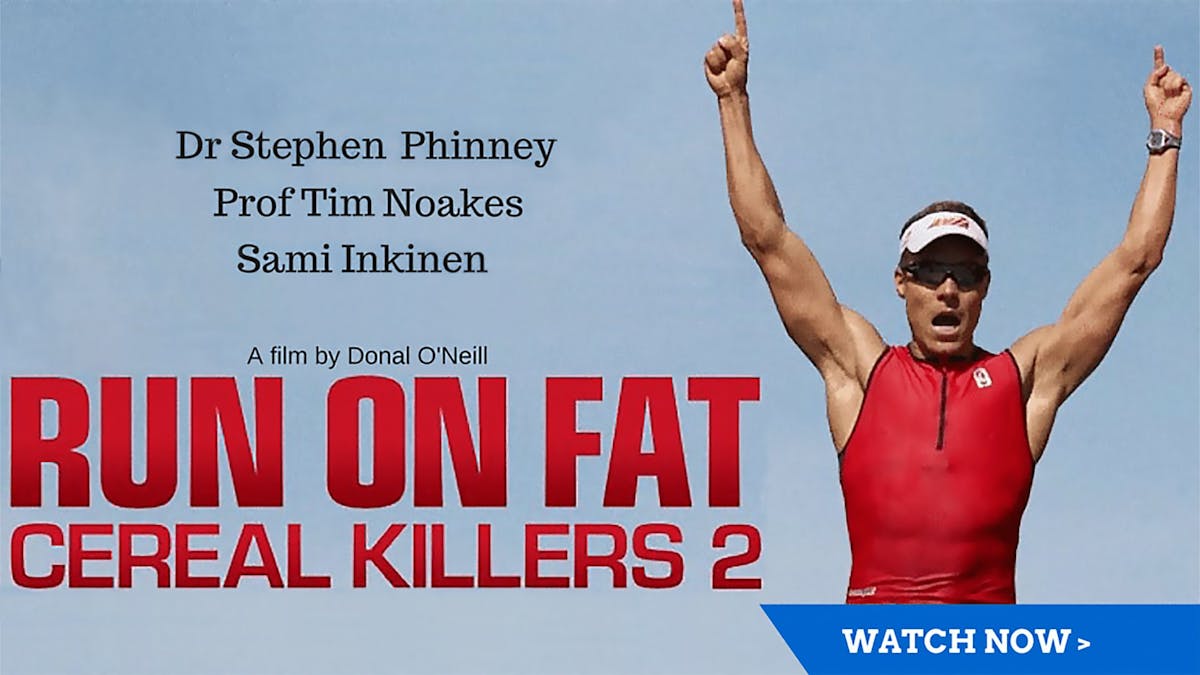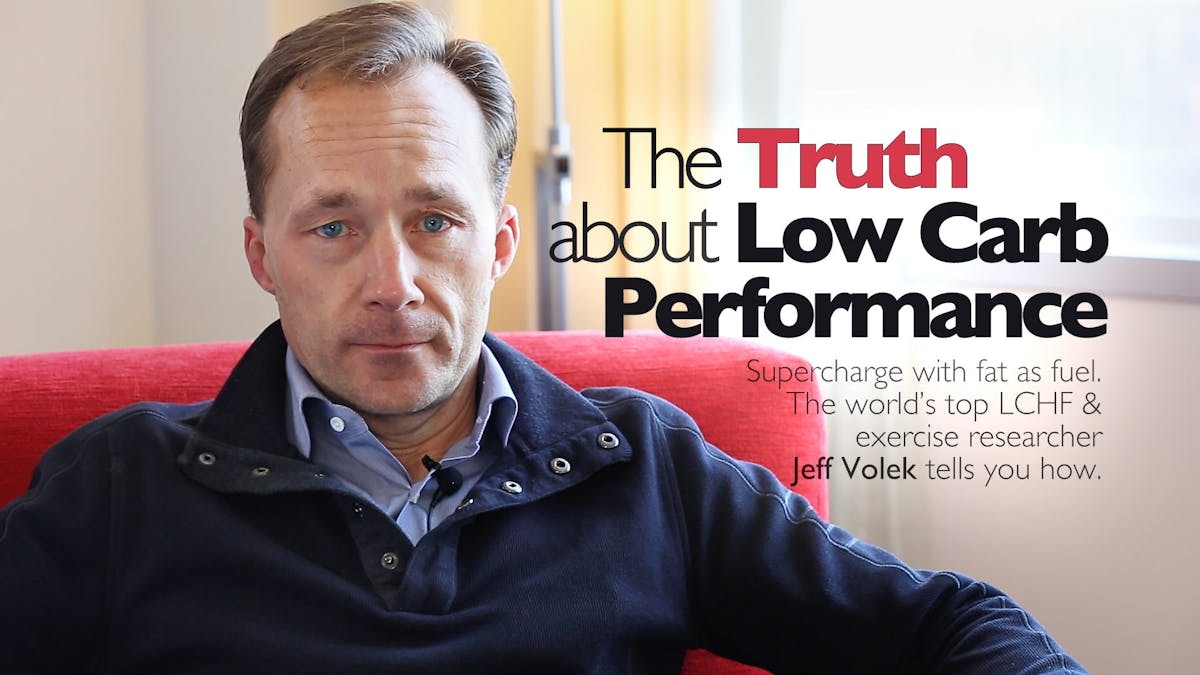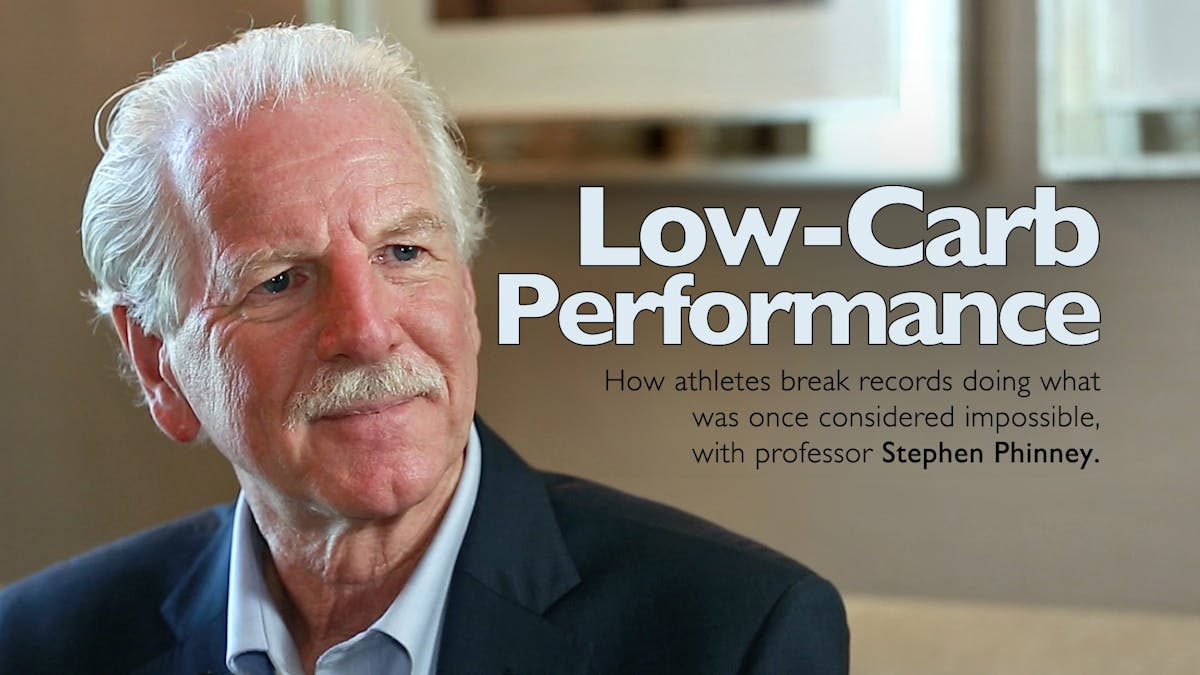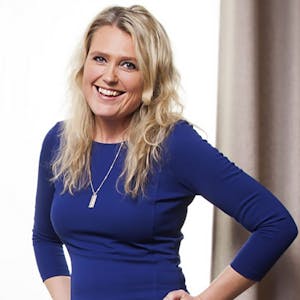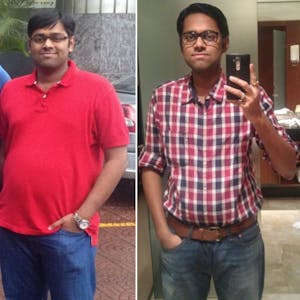Does it really work to eat a low-carb, high-fat diet while being a competitive athlete? According to SannaMari Bölenius it works just great. She’s a successful table tennis player who’s won the Junior Swedish Championship and is currently a part of the Swedish national team.
Hi Andreas!
I would like to tell you about how your website has helped me, as a competitive sportswoman, to find the right diet for me.
I’ve been playing table tennis since I was 8 years old and started to get serious about it at age 12. When I was 15 I had serious problems with injuries. For example, I had a period of overextertion of my shoulder/elbow/wrist and also had problems with a bad case of shin splints, which would later be called chronic.
Table tennis requires extrem mental clarity and focus, as it’s a fast-moving sport. I experienced a lot of fatigue during practice in the evenings after school, and always lacked focus at the end of the sessions. Colds and stomach bugs were also common and I had poor skin.
Shortly thereafter I found your website and started rethinking our food together with some table-tennis friends. Could it be that all those briefings on how one should eat as an athlete were completely wrong? Maybe a perfect breakfast doesn’t consist of low-fat yogurt, jam, cereal and a couple of sandwiches? Perhaps dinner shouldn’t be pasta carbonara or lasagna? Perhaps these “foods” limit our performance?
I decided to try this theory and started removing certain foods. The first year I only removed added sugar and gluten. I immediately felt an improvement and despite my chronic shin splint I could practice table tennis as usual, as it didn’t hurt nearly as much as it used to. I could even go for a run once a week! This was a huge improvement. That same season (Spring 2012), I won the Junior Swedish Championship, singles.
I still suffered from colds or stomach bugs quite often and the fatigue was still there. In order to have energy for an entire day I needed 10 hours of sleep and that didn’t really work with the busy schedule I had with my natural science education in high school. I started studying your website more thouroughly, looked up details and watched presentations on Youtube as soon as I had the time. I also read all the books I could find, among others The Food Revolution.
In the Fall of 2012 I was selected to join the Swedish national team and since then I’ve been representing Sweden at competitions around the world. Around the same time, I decided to take away more kinds of foods from my diet. I started with rice, potatoes, root vegetables, low-fat products and fruit, but later on I also took away other “approved” things, like sweeteners, substitute products, dairy, seeds and nuts in large quantities. A completely ketogenic diet is what seems to work best for me during practice. My concentration is top notch throughout the entire session, even thouh I usually haven’t eaten any breakfast since I don’t feel hungry in the mornings.
I only feel the shin splints a few times per year now, i.e. when I’ve put them through extremely hard pressure multiple days in a row. Overexertions aren’t nearly as common as they were before. Injuries have gone from being a part of everyday life to something I don’t even have to think about. Incredible!
A summary of the benefits I experience while following a ketogenic diet:
– Faster recovery after practice
– Improved immune system
– Much better concentration during practice and especially at the end of the sessions
– Much better concentration during studying
– A drastically lower need of sleep (from 10 hours to 6-8 hours)
– Perfect skin
– Free from injuries despite “chronic injuries”
– Generally increased energy, happier
Summary of the base of my diet:
– All kinds of meat, fish, seafood
– Eggs
– Avocado, vegetables, mushrooms
– Coconut products
– Butter, rich sauces, mayonnaise
– Right now I also take supplements of magnesium, zinc, vitamin D and L-glutamine.
The exceptions I make are during competitions, when I might “dope” myself with a banana/beetroot/potatoe/carrots or something along those lines.
I would be lying if I said that it’s easy to eat the way I’m trying to. I was at a camp where breakfast was low-fat yogurt with strawberry flavor, corn flakes and white bread. Lunch was meatballs, macaroni and ketchup. I had to go to the kitchen and make myself an omelet. In the beginning it was tough, of course, but thankfully we’re now a bunch of girls who eat this way. It really makes things easier.
I’ve experienced an increased understanding and acceptance of low-carb diets in Sweden in the past two years. This is my first year since graduation and I have now lived and played table tennis as a full-time professional in France. They truly have a long way to go with their diet there!
A big thank you to all of you who work with this website for the fantastic work you do with spreading the knowledge. My dream is to work with you, the day I’m no longer playing table tennis professionally.
SannaMari Bölenius
PS. You’re welcome to visit my blog (Swedish only) where I write about my training, diet, what it’s like eating like I do in the world of elite athletes and about how I’m treated in France when I talk about my diet. I also have Instagram where I put up photos.
Instagram: smbolenius
Blog: smbolenius.blogg.se
You’re welcome to post both pictures and my name.
SannaMari, a big thank you for your story! It can be of great inspiration and use to many active elite athletes.
